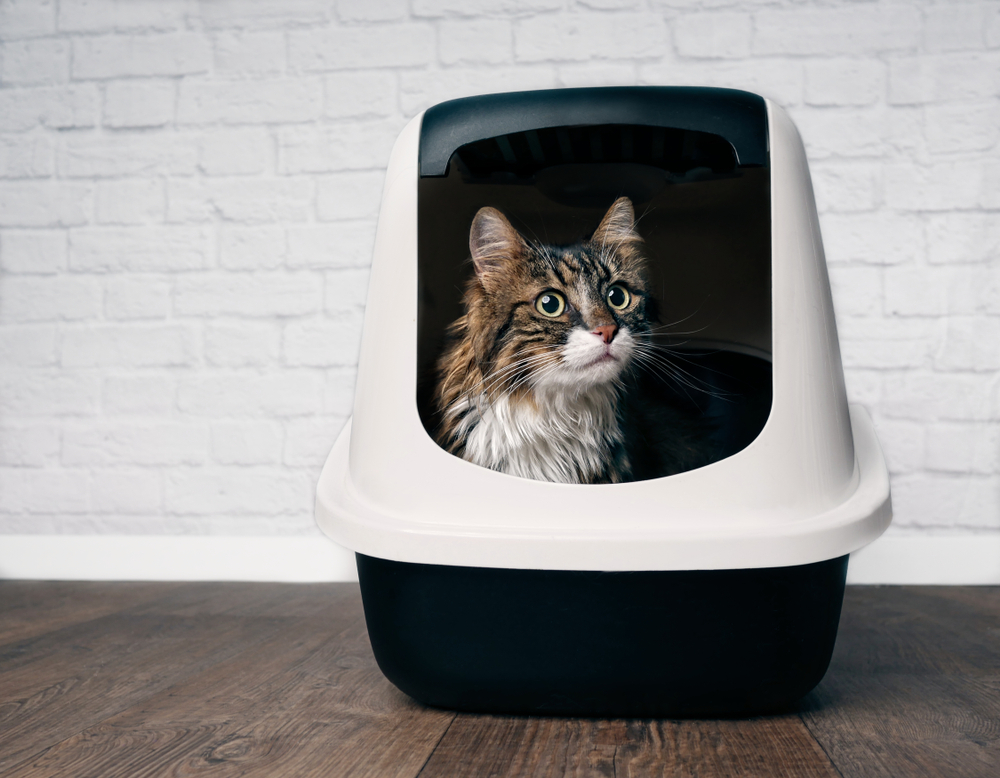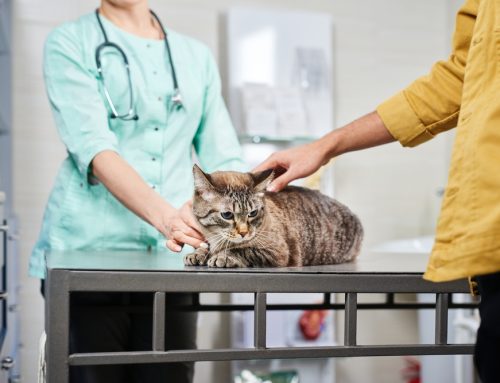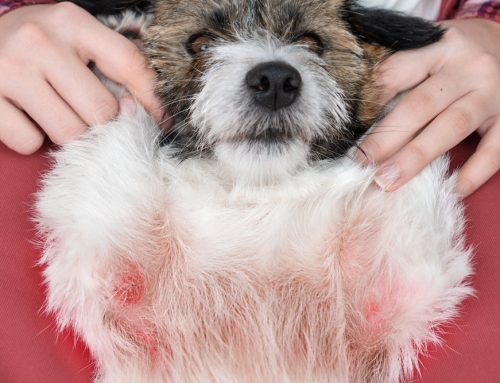While every scrape or sniffle may obviously not require an emergency veterinary appointment for your pet, not all issues require urgent care. However, telling the difference when you’re worried about your beloved pet can be tough, so our Twin Maples Veterinary Hospital team shares 10 emergency situations that may befall your furry friend.
#1: Your pet has sustained a traumatic injury, such as being hit by a car
Traumatic injuries, such as being hit by a car, can be more severe than they appear on the outside. Pets who have been struck by a car may display only mild road rash, but they can be suffering much more internally. Organ damage and internal bleeding are not always immediately apparent without further diagnostic testing, such as X-rays and blood work. If your pet has been in an accident, no matter how minor, they need emergency care.
#2: Your pet is bleeding uncontrollably
Although any bleeding in your pet may seem like an emergency, not all wounds require urgent care. However, if you have applied pressure with a clean gauze pad for at least three continuous minutes and your pet continues to bleed, their blood will likely not clot without veterinary assistance.
#3: Your pet is in obvious pain, or is limping
Determining if your pet is in pain can be a challenge, because cats and dogs are so skilled at hiding injury or illness. Yet, if you notice your furry pal limping, whining, not eating, or acting lethargic, they may be painful for a multitude of reasons that should be addressed immediately.
#4: Your pet is vomiting or has diarrhea that is not resolving
Occasionally, a pet will have an episode or two of vomiting or diarrhea, but that is not cause for concern unless it does not resolve. You can try withholding food and introducing a bland diet once your pet’s gastrointestinal issues appear to clear up, but some pets may continue to vomit or have diarrhea once food is reintroduced. Pets in this situation, or those who vomit or have multiple diarrhea incidents in a short period of time, should receive veterinary attention, as should pets who have chronic vomiting or diarrhea.
#5: Your pet is experiencing an allergic reaction
Allergic reactions can occur after your pet has taken medication, encountered a biting or stinging insect, or been vaccinated, or exposed to an allergenic substance. Some allergic reactions may trigger itchy skin, which can be uncomfortable, but does not constitute an emergency. Other reactions may cause your pet to have difficulty breathing, and their muzzle to swell, and they need immediate care.
#6: Your pet is having difficulty breathing
Difficulty breathing can be caused not only by an allergic reaction, but also with various medical conditions, such as heart failure. Breathing difficulties are indicated by an increased respiratory rate and effort, purple or blue gums and tongue, lethargy, weakness, or collapse. If your pet appears to be breathing faster or harder than normal, especially when resting, they need emergency treatment.
#7: Your pet collapses
Pets can collapse without warning because of heart conditions, heatstroke, or neurologic issues. If your pet suddenly collapses, immediately seek veterinary care, whether or not they appear normal after their episode.
#8: Your pet is having seizures
Uncontrolled seizures are an emergency situation, especially if you have rescue medication at home that is not working. Pets who have back-to-back seizures, or seizures that last for an extended period, can experience a greatly increased body temperature that leads to brain damage. If your pet has their first seizure in front of you, they may have been exposed to a toxin or be suffering from some other medical issue, and should still receive urgent care.
#9: Your pet was exposed to a toxin
Toxins are capable of quickly becoming fatal without prompt treatment. If your furry pal ingests or is exposed to a toxic food, chemical, plant, or other substance, contact an animal poison control hotline for advice. Once you’ve talked with a veterinary toxicologist, follow their advice, and then contact our hospital for further care. We’ll use the case number provided by the toxicologist to create the best treatment plan for your pet.
#10: Your pet is straining to urinate or defecate

A urinary obstruction in a pet is a life-threatening emergency that needs to be immediately treated. This condition is most common in male cats, but can occur in any pet. If you notice your four-legged friend straining to urinate or defecate—telling the difference can be difficult—seek emergency care for your pet.
When your beloved pet is ill or injured, you may not know whether or not they require emergency treatment. Then, immediately contact our Twin Maples Veterinary Hospital team. We will triage your pet over the phone and determine if they need to be seen right away.









Leave A Comment